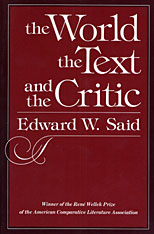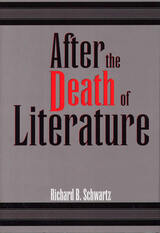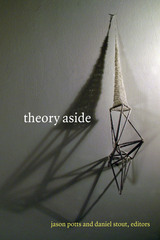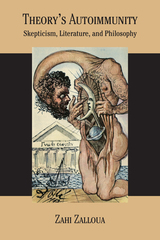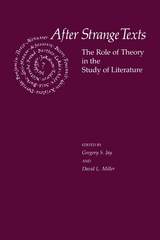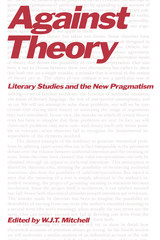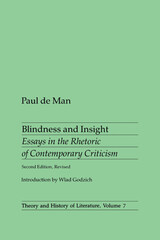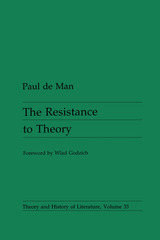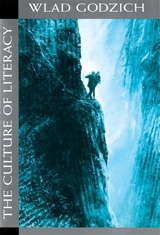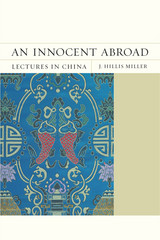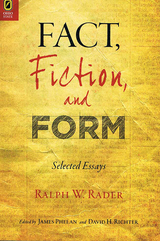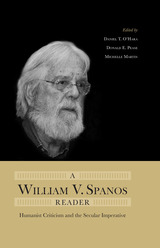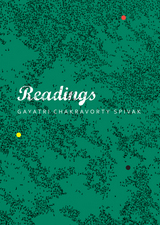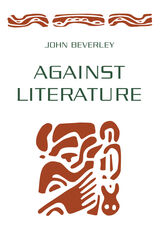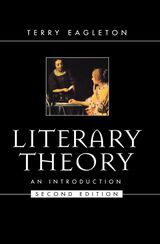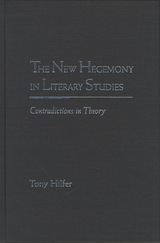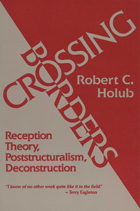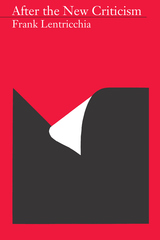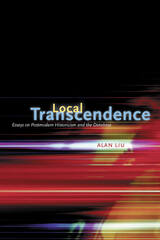Cloth: 978-0-674-17954-7 | Paper: 978-0-674-17955-4
Library of Congress Classification PN85.G58 1994
Dewey Decimal Classification 801.95
At the onset of modernity in the sixteenth century, literature and history were wrenched apart. Wlad Godzich, one of the animators of the turn toward literary theory, seeks to restore historical consciousness to criticism after a period of painful depression. In this sweeping study, he considers the emergence of the modern state, the institutions and disciplines of culture and learning, as well as the history of philosophy, the history of historiography, and literary history itself. He offers a powerful account of semiotics; an important critical perspective on narratology; a profound discussion of deconstruction; and many brief, practical demonstrations of why Kant, Hegel, and Heidegger remain essential resources for contemporary critical thought.
The culture of literacy is on the wane, Godzich argues. Throughout the modern period, language has been the institution that provided the condition of possibility for all other institutions, from university to church to state. But the pervasive crisis of meaning we now experience is the result of a shift in the modes of production of knowledge. The culture of literacy has been faced with transformations it cannot accommodate, and the existing organization of knowledge has been challenged. By wedding literature to a reflective practice of history, Godzich leads us toward a critique of political reason, and a profound sense of how postmodernity can overcome by deftly sidestepping the modern. This book will bring to a wider audience the work of a writer who is recognized as one of the most commanding figures of his generation for range, learning, and capacity for innovation.
See other books on: Criticism | Culture | Godzich, Wlad | Literacy | Literature
See other titles from Harvard University Press


